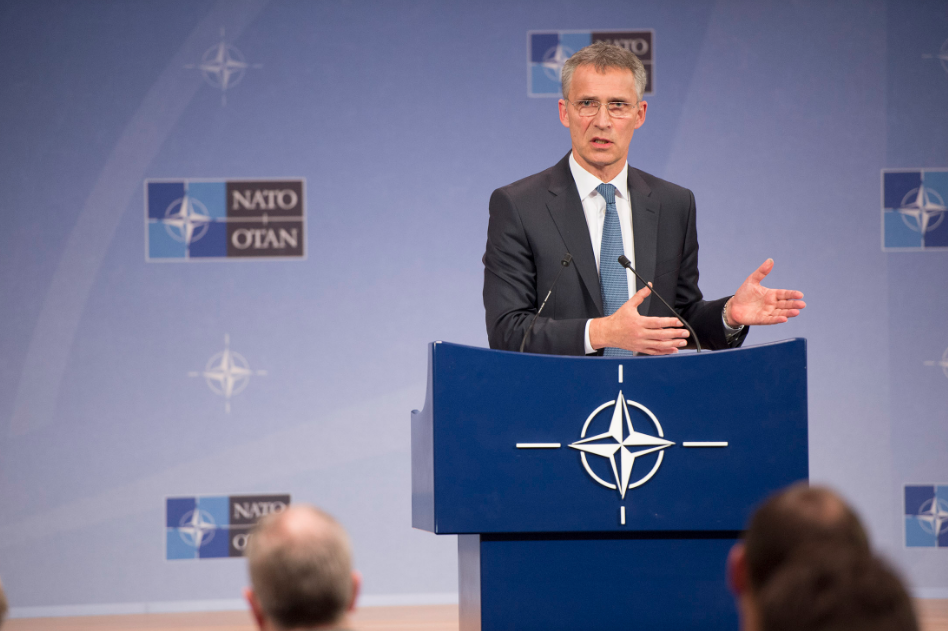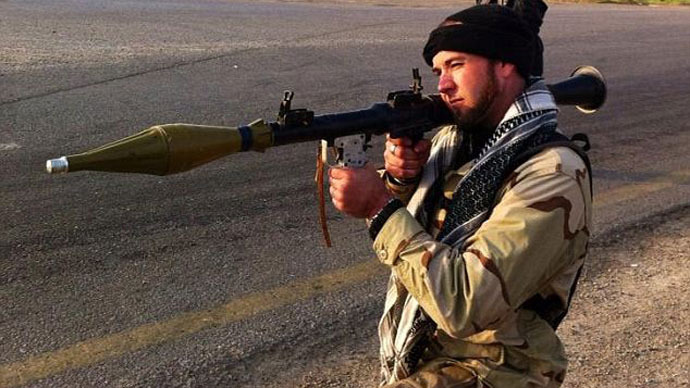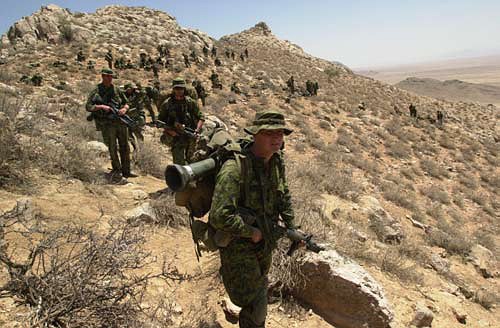On June 3, 2016, a senior defence official anonymously disclosed that NATO is planning to establish a new intelligence coordinator position to improve information sharing among its members. Specifically, the new role of Assistant Secretary General for Intelligence would report to the NATO Secretary General and work with top NATO Commander US General Curtis Scarparrotti.
Czech Army General Petr Pavel, head of NATO’s military committee elaborated on the creation of the new position at a security conference in Singapore, specifying that the job would entail a new intelligence structure better combining “military and civilian intelligence together into one product.” Currently, different analysis reports may be generated by military and civilian intelligence branches and presented to senior NATO ambassadors with minimal cross-checking or accounting for these differences. The new intelligence position would help address this issue and better streamline communications between members of the organization.
Discussions around the implementation of an intelligence position are not new and were originally prompted by worries about Russian aggression in Eastern Europe, from the annexation of Crimea in 2014. However, the idea has gained more traction after the 2015 Paris attack and the 2016 Brussels bombing which were both linked to intelligence sharing failures. It has been reported that the role could be officially implemented as early as at the NATO summit this July.
US officials have voiced their concerns about NATO’s ability to respond to security concerns in the past. However, as of 2016, the need for improved intelligence sharing has been named in connection with the fight against the Islamic State. For example, during her visit to Brussels last month, US Homeland Security Advisor, Lisa Monaco emphasized the need to “work together in partnership.” She was part of an American delegation to promote greater intelligence sharing by Belgian and European authorities. In the Republican candidate race, Donald Trump has also repeatedly criticized NATO for being insufficiently committed to countering terrorism. Discussions on improving intelligence sharing have become more relevant lately because of an increased number of terrorist threats and attacks.
Even with support behind this new intelligence position, challenges will certainly arise with implementation. On the European front, NATO will have to keep in mind the strict divisions between intelligence and police operations in many countries. Specifically, it will have to avoid encroaching on the counterterrorism law enforcement role of Europol, the European Union’s police agency. As well, various NATO members have questioned the utility of this coordinator role, since most intelligence sharing within the organization is done bilaterally. Lastly, members have also protested against an American taking the role, commenting that they are already overrepresented in terms of senior posts within the organization.
However, on the American front, the creation of this position is sure to renew criticisms of the asymmetry of the US’ spending on NATO, a claim echoed by Trump during his campaign. Ultimately, this change is unlikely to have an impact on the current amount of American intelligence sharing with the organization, which makes up about 75 percent of the total contributions. Regardless of the validity of these criticisms, this new post must be implemented with caution, in order to avoid measures that would hinder rather than improve current intelligence sharing practices.
Despite some discontent, the creation of this new position would also bring important new opportunities to NATO and the EU. Since NATO has the ability to share intelligence among members with a secure network, it can improve the ability of EU states to deal with security matters. Currently, this responsibility rests with law enforcement agencies of individual states. Additionally, NATO also includes the US and Turkey, two key partners in intelligence sharing that are not in the EU but would be essential in detecting terrorist threats.
Due to both the challenges and opportunities that exist with the creation of this new intelligence position, its potential implementation is a development to follow at the upcoming NATO summit in Warsaw. If followed through, the next step will be to track whether or not the role actually improves intelligence sharing practices between NATO members, with the end goal of preventing future crises.
Image of NATO Secretary General Jens Stoltenberg at the meetings of NATO Ministers of Foreign Affairs 19-20 May 2016.
Disclaimer: Any views or opinions expressed in articles are solely those of the authors and do not necessarily represent the views of the NATO Association of Canada.




